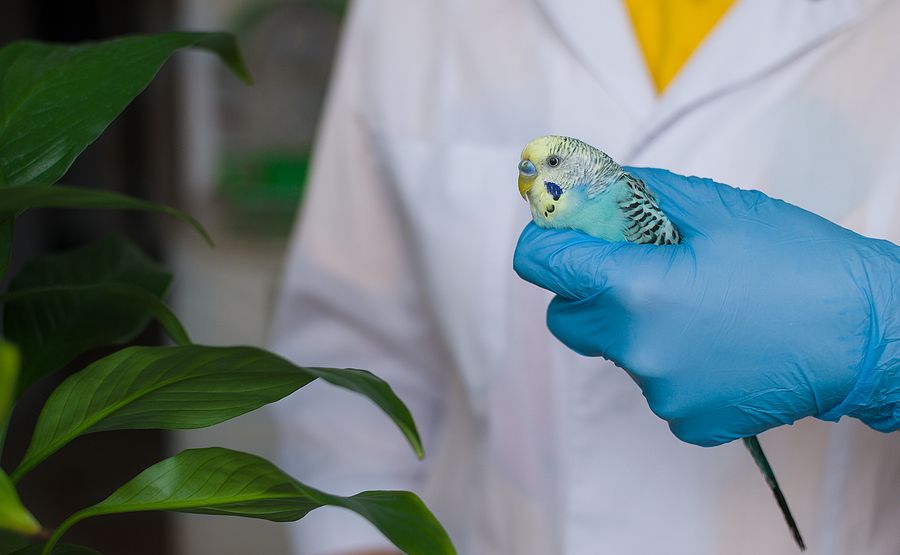Things to Consider Before Getting a Pet Bird
Has the time come to finally get the pet bird you have always longed for? You have the money, the space in your home, and the time to take care of it, but you find yourself googling "how to take care of a bird" or "birdcage food" — well, this blog is for you. Here we will go through everything you must consider before buying a pet bird.

Popular for a Reason
Research reveals that birds rank fifth in popularity among pets in America, with 5.7 million households in the U.S. owning birds. Like other companion animals, pet birds need to be adequately trained and have regular interaction with their owners. Potential bird owners must consider their substantially long lifespans — especially owners of larger birds (like macaws).
Parakeets live an average of seven years, but cockatoos, cockatiels, and Amazon parrots live on for years longer. In fact, these bird owners sometimes have to give their birds away as they enter old age because their pets will outlive them, regularly achieving lifespans of over 100 years. A well-cared-for bird makes for a brilliant life-long companion.
The Right Bird Is out There
Taking good care of a bird begins with choosing a bird compatible with your lifestyle. Check first with bird rescue organizations to see if you can provide the bird you want with a healthy home. Ask bird-owning friends for referrals, consult bird care websites, and ask your veterinarian what kind of bird they recommend for your personality, lifestyle, and living space.
Take the Honesty Test
Before bringing your bundle of joy home, you owe it to your future feathered friend to honestly assess your potential as a bird parent. Ask yourself these questions:
1. Do I have room for the bird? While a cage provides a home base for a bird, birds need to be able to fly safely in an indoor space outside their cages. Can you provide that? Also, small birds are social animals that prefer a flock over going solo, so if you plan on adopting a bird, it's a good idea to get more than one.
2. Does my work schedule accommodate a bird? Mid-sized and larger birds fail to thrive if they go hours without socialization. Large birds get bored easily; some vets assert that they require more interaction than a dog or a cat. Smaller birds do better but still need attention.
3. Would any household members be vulnerable to a bird (or vice-versa)? Children may be susceptible to bites and scratches from mid-sized birds. Smaller birds like love birds and budgies (parakeets) usually fit well with young families.
4. Are you prepared for the financial cost of a bird? Costs include the initial procurement price, which may range from a simple adoption fee of around $50 to upwards of $5,000. Additionally, your pet bird will need to visit the vet for a wellness check soon after it joins your household. Like with any pet, birds can develop illnesses and injuries requiring further vet visits. In fact, pet insurance for birds may be a good option and a way to keep your pet in tip-top shape.
Partnering up for Good Health
With the proper preparation and mindset, you and your vet can become partners to give a bird the home of its dreams. If your bird is acting oddly or raising cause for concern, consider these behaviors before you speak to the vet so that you can help with the evaluation:
· Screaming
· Biting
· Feather plucking
· Not eating or drinking
· Over-fluffy feathers
· Shabby appearance
· Drooping wings
If you determine a trip to the vet is in order, use a carrier or cage to transport your bird comfortably and safely. If possible, use a cage that allows you to keep an eye on your bird's breathing.
At Forever Vets, we are committed to caring for your bird with the highest of standards; you and your feathered friend will get off to a great start and spend a lifetime together. Contact us today if you are ready to begin your journey as a bird parent.


